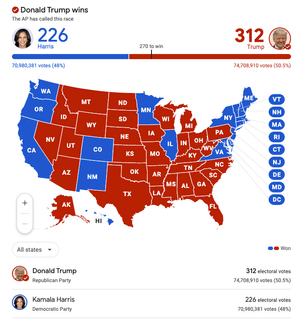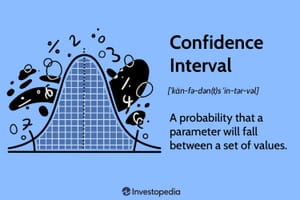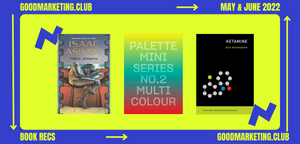Elena Ferrante, the author of the captivating best-selling Neapolitan quartet, the women we yet to know the true identity* of, explained in a refreshingly honest way about her decision to do so in her responses to media, shown in her book Frantumaglia: A Writer’s Journey. She provides a unique but interesting point of view on writing anonymously that is worth sharing with you all.
*Although Ferrante insisted that she’s not writing anonymously, she’s just absent from the public. We already know more than enough about her through her 6 novels in 20 years.

Freedom to tell literary truth
Ferrante is a brutally honest writer, and that is exactly why many readers love her. Ferrante said that with her writing, she wants to ‘tell the truth as only literacy fiction can dare to tell it’. In fiction, one pretends much less than one does in reality —we rarely say anything fully.
The most difficult things to tell are those which we ourselves can’t understand. She favors experiences that often seem ‘difficult, elusive, embarrassing, unsayable, and too intimate’ for other authors. Knowing that she will not appear in public gives the absolute creative freedom she needs to “find words for those parts of her experience that are hidden and silent”.
Readers can focus on the work itself
The editorial marketplace is preoccupied with finding out if the author can be used as an engaging character to assist the promotion of their work. If they are out in the open, they are on display. Ferrante doesn’t want that. She wants people to buy based on the quality of her work and not the author.
She doesn’t want to encourage the prevailing media’s logic that a bad or mediocre book by someone famous deserves more attention than higher-quality books written by someone less-known. For example, J.K.Rowling’s book that sold only 1500 copies under her pseudo name later sold 10M copies after her identity was revealed.
True readers, unlike fans, “search not for the brittle face of the author in flesh and blood, who makes herself beautiful for the occasion, but for the naked physiognomy that remains in every effective word.”
Writing is not a job for her
Writing is not a job for Ferrante, literally and figuratively.
It is not her sole source of income, it affords her the anonymity she wants and gives her the freedom to not fulfill the public and personal obligations to keep producing work, for the sake of it. She writes when she feels the urgency, she publishes when she feels she finds the best representation of the literacy truth.Because writing is not a job for her. She also doesn’t need to confine her writing to a genre. The story about life is not only one genre.
What’s your take on writing anonymously? Do you think it only works with fiction writing? Do you think it’s a luxury most of us cannot afford now to make writings successful? Or do you think it will produce the best work?
Mentioned in this post:
- Frantumaglia: A Writer's Journey by Elena Ferrante
- Neapolitan quartet by Elena Ferrante





